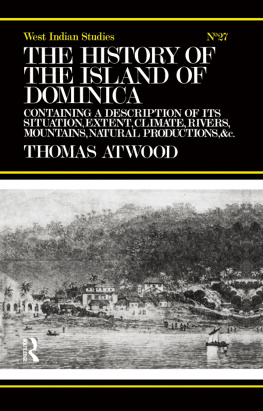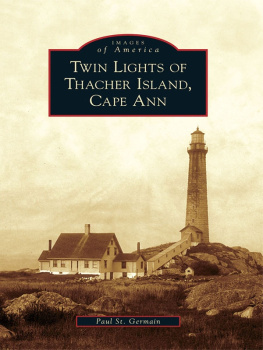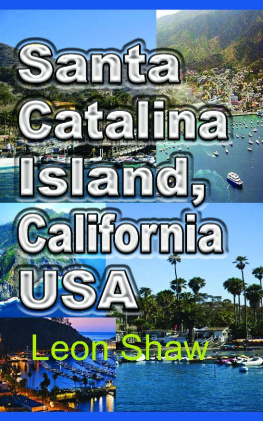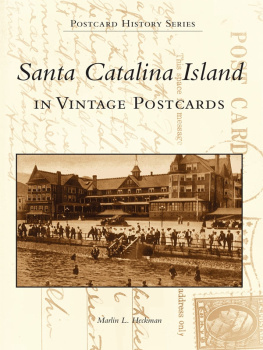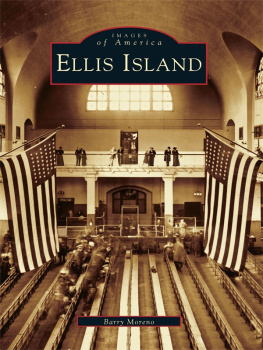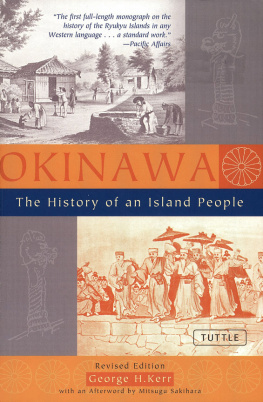First published 1791 by
FRANK CASS AND COMPANY LIMITED
This edition published 2013 by Routledge
2 Park Square, Milton Park, Abingdon, Oxfordshire OX14 4RN
711 Third Avenue, New York, NY 10017
First issued in paperback 2014
Routledge is an imprint of the Taylor & Francis Group, an informa business
First edition
New impression | 1791
1971 |
ISBN 13: 978-0-7146-1929-3 (hbk)
ISBN 13: 978-0-415-76097-3 (pbk)
INTRODUCTION.
I T is greatly to be lamented, that although the island of Dominica is so very capable of being rendered one of the chief, if not the best, the English have in the West Indies; yet, from a want of knowledge of its importance or inattention, it is at this time almost as much unsettled, as when it was ceded to Great Britain, near thirty years ago.
This is the more remarkable, from the great consequence the possession of it is to the English, in case of a rupture with France, it being the key of the British dominions in that part of the world, and from its situation between the two principal settlements of the French, Martinique and Guadeloupe, it is the only place in the West Indies, by which there is a possibility for Great Britain to maintain the sovereignty of those seas.
It has moreover many conveniences for the service of both an army and fleet, which few. other West India islands can boast; and was it to be well fettled with British subjects, would be of material assistance to our other possessions, by furnishing them with many articles of which they very often are greatly in need.
For the purpose of bringing forth to view these capabilities of Dominica, the following history of that island is submitted to the candid perusal of a generous public by the author ; whose chief inducement for writing it, was his hope, that it might be some small means of service to a country, in which he has spent several years of his life, and the prosperity of which, it is his ardent wish to fee speedily promoted.
The history of distant settlements belonging to Great Britain, it is presumed, cannot fail of being acceptable to every Englishman who willies well to his country ; and however deficient this essay of his may be, in point of erudition, correctness, or correspondent circumstances, yet, from its being the first on the subject, the author hopes it may meet with a favourable reception.
It falls not within the compass of this work to enter into details of acts of the legislature, the conduit of governors, or of individuals of that island; these he leaves for a more ex ten five work, or for abler pens to record; and if what is here submitted to public perusal serve in the least to promote the welfare of the present and future inhabitants of Dominica, and thereby the interests of the British nation at large, the purpose of the author by this publication will be fully answered.
London, May 1791.
CONTENTS.
THE
HISTORY
OF THE
ISLAND OF DOMINICA.
______________
T HE island of Dominica is situated in 15 degrees, 25 minutes, north latitude; 61 degrees, 15 minutes, west longitude from London 5 and 43 degrees, 40 minutes, from Ferro.
The discovery of this Island was claimed by the three kingdoms, of England, France, and Spain; but the right of possession remained undecided, and Dominica was considered as a neutral island, by three Crowns till the year 1759, when, by conquest, it sell under the dominion of Great Britain; and was afterwards ceded to England, by the treaty of peace concluded at Paris, in February 1763.
On the cession of the island to the English, Commissioners were appointed under the Great Seal, and sent out there with authority, to sell and dispose of the lands by public sale, to English subjects, in allotments. Of not more than one hundred acres of such land as was cleared; and not exceeding three hundred acres in woods, to any one person, who should be the best bidder for the same. These allotments were disposed of for the benefit of the Crown, and were confirmed to the purchaser, by grants, under the Great Seal of England; with conditions in each grant, That every purchaser should pay down twenty per cent of the whole purchase money, together with sixpence sterling per acre, for the expence of surveying the land; and that, the remainder of the purchase money should be secured by bonds; to be paid by equal installments, in the space of five years, next after the date of the grant. That, each purchaser should keep on the lands so by him purchased, one white man, or two white women for every hundred acres of land, as it became cleared; for the purpose of cultivating the same. Or in default thereof, or non payment of the remainder of the purchase money, the lands were to be forfeited to his Majesty, his heirs and successors.
The Commissioners were also empowered to execute leases to the French inhabitants, of such lands as were found in their possession at the time of the surrender of the island; and which lands were thus leased to those inhabitants, who were desirous of keeping them in possession, on consideration of their taking the oaths of allegiance to his Britannic Majesty.
These leases were executed for a term, not less than seven, some fourteen, and others for forty years absolute; renewable at the time limitted for the expiration of the same. With conditions in every lease, That the possessor, his heirs or assigns, should pay to his Majesty, his heirs or successors, the sum of two shillings sterling per annum, for every acre of land, of which the lease should consist. And, that they should not sell or dispose of their lands, without the con- sent and approbation of the Governor, or Commander in chief of that island, for the time being.
The Commissioners were likewise impowered to make grants, under the Great Seal, of lots to poor settlers; to such English subjects, as should be deemed fit objects of his Majestys bounty; in allotments of not more than thirty acres of land, to any one person. With authority also to the said Commissioners, to reserve and keep such lands, in the most convenient parts of the island as they should think proper for fortifications, and the use of his Majestys army, and navy. Together with a boundary of fifty feet from the sea shore, round the whole island; and reserving all mines, of gold and silver, which might thereafter be discovered there, for the use of his Majesty, his heirs and successors*
This island is 29 miles in length, and 16 miles in breadth, but in some parts it is broader, being of a very irregular figure. It is rugged and mountainous in some parts ; but spacious plains, and fine extensive vallies are interspersed throughout the island, which are in general very productive.
The climate of this country is hot at times, in places on the sea coast, that are much sheltered by mountains; but in the open parts of the island, at no great distance from the sea shore, it is moderately cool at most times, and greatly resembles the climate of England, in summer, This is occasioned by the almost constant breezes blowing from the mountains, which moderating the heat, render it more supportable than it is, in those islands of the West Indies that are more level. In the interior mountainous parts, it is perfectly cool in general; owing to the vast quantity of tall woods, and the heavy rains which fall in those places, in some part or other almost every day; which render it so cold, in the night especially, that people who reside there are obliged to use woollen coverings on their beds, in the same quantity as in winter time in England*.

